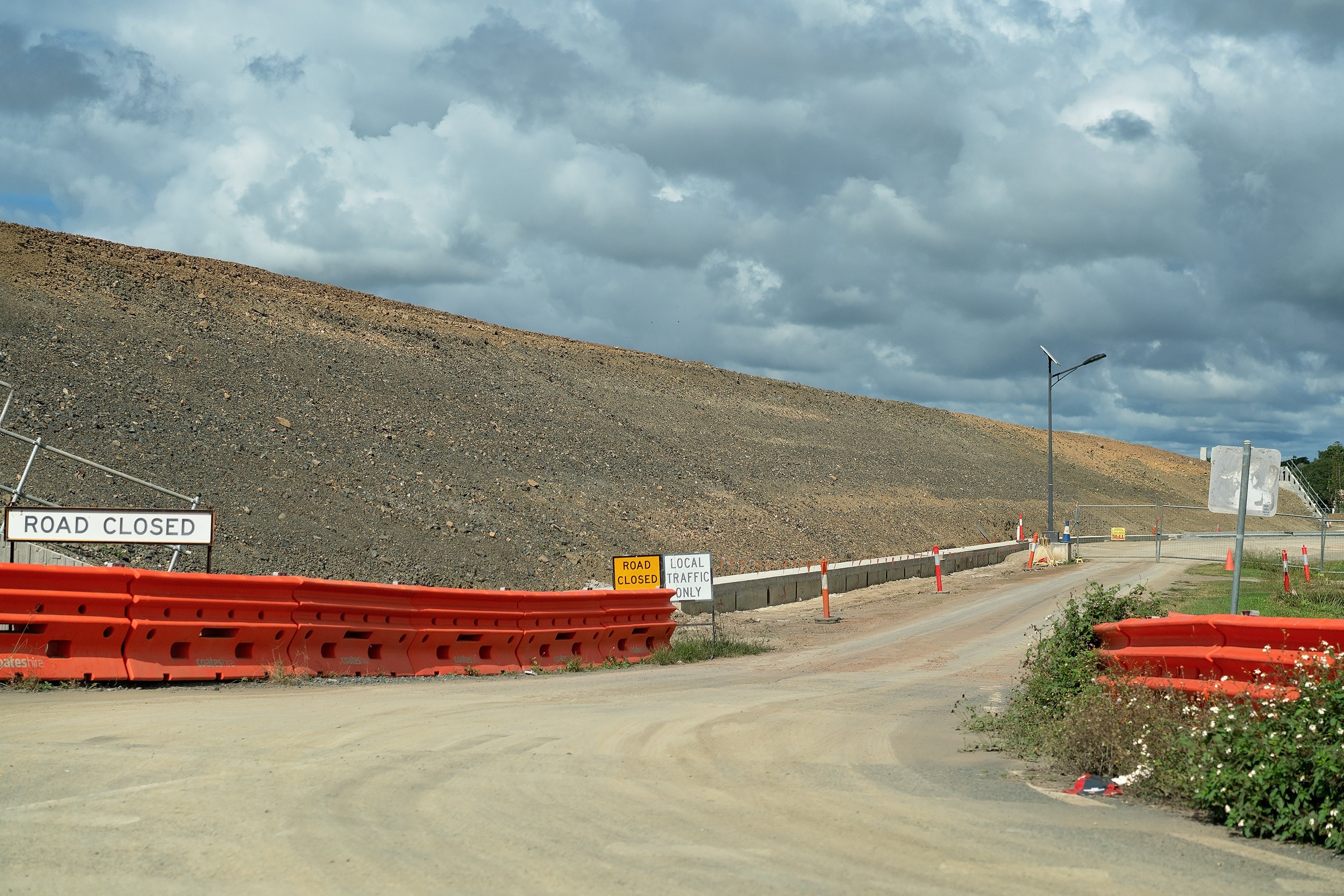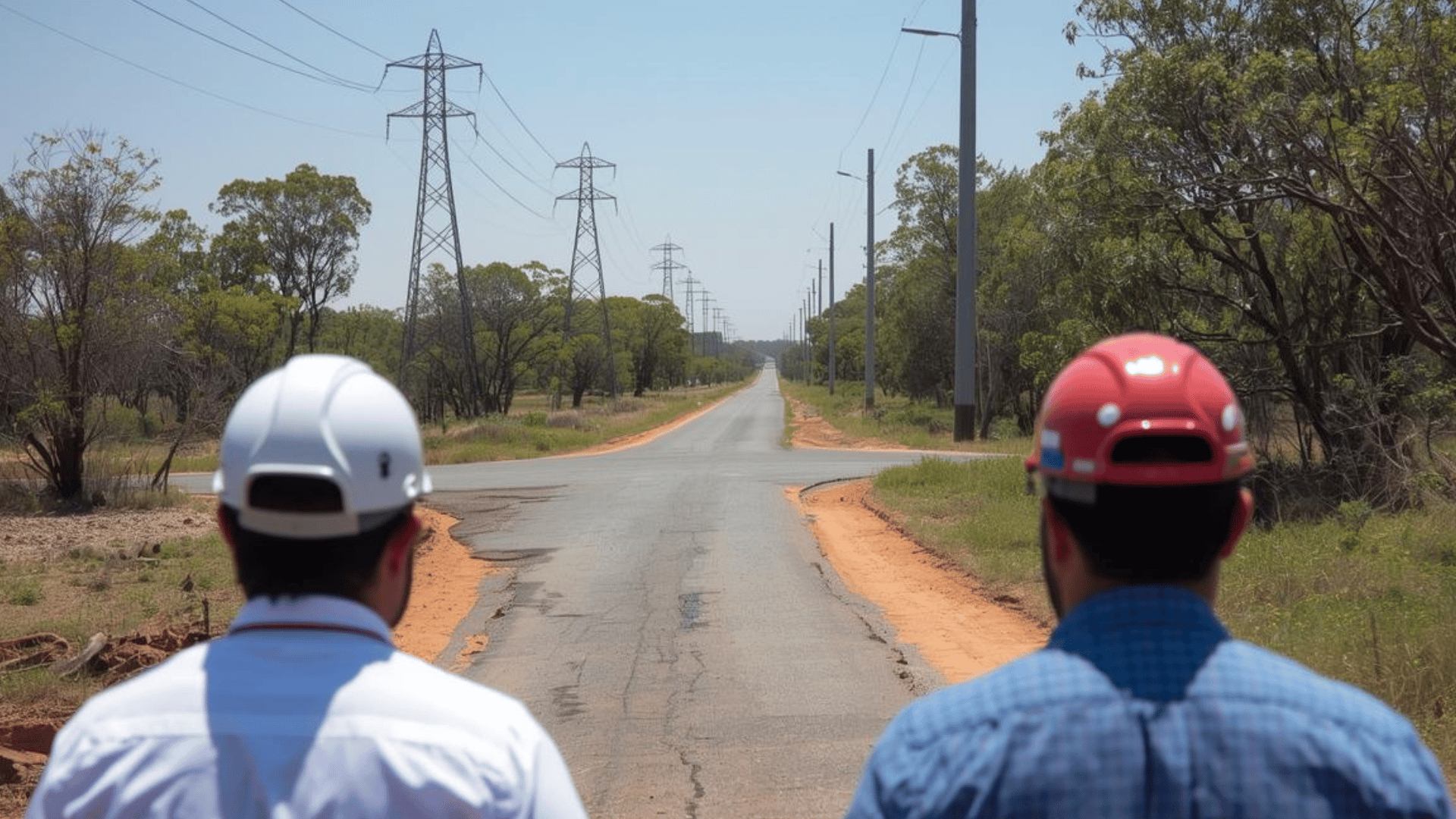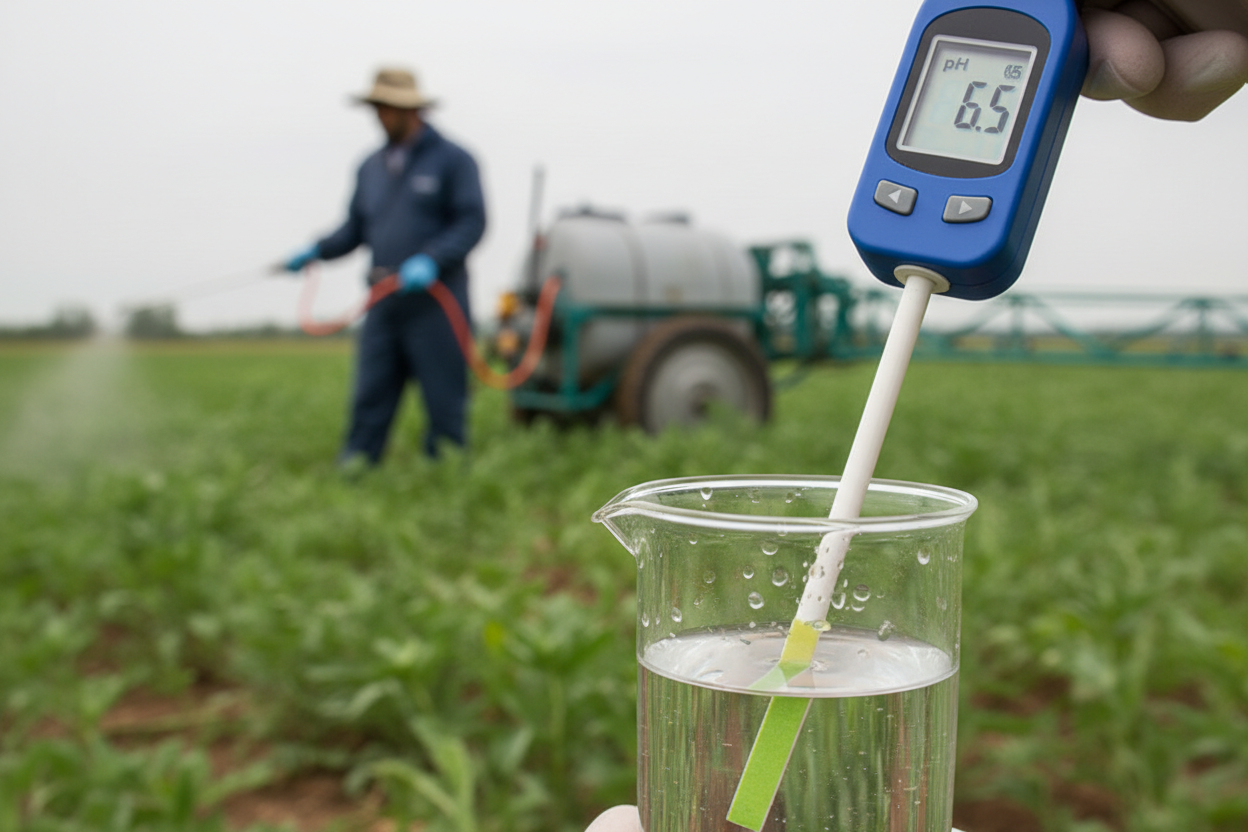
Effective Weed Control Without Disrupting Operations
Striking a Balance on Linear Infrastructure
Linear infrastructure refers to areas such as roadsides and railways. Weed management in these situations comes with the challenge of striking a balance between;
-
Effective control and
-
Minimising disruptions to essential operations.
Land managers understand the need to keep transportation networks safe and operational while tackling invasive vegetation. In this blog, we'll explore how they achieve this delicate balance.
The Challenge of Weed Control in Operational Environments
Linear infrastructure, including roads, railways, and utility corridors, is the lifeline of modern societies. Unchecked weed growth in these areas can compromise safety, obstruct visibility, and even damage infrastructure. We must implement weed control measures strategically to avoid disrupting daily operations.
Strategies for Minimising Disruptions
Land managers employ several strategies to ensure effective weed control without causing significant disruptions to linear infrastructure operations:
1. Scheduling Weed Control Activities:
-
Timing is crucial. Land managers often schedule weed control activities during off-peak hours. These typically occur during nights or weekends, to minimise disruptions to traffic flow or train schedules.
2. Coordinating with Infrastructure Operators:
-
Effective communication and coordination with operators of linear infrastructure networks are essential. Land managers work closely with these entities to plan weed control activities around their schedules.
3. Temporary Lane Closures:
-
In some cases herbicide application or mechanical control methods require temporary lane closures. Land managers aim to complete the work as swiftly as possible to minimise inconvenience to travellers.
4. Localised Control Methods:
-
Land managers focus on localised control methods to minimise the extent of disruption. These methods can include targeted herbicide applications and cut stump treatments.
5. Clear Communication:
-
Adequate signage and clear communication with the public or railway passengers are essential. People need to be aware of ongoing weed control activities and any potential changes to their travel plans.
6. Infrastructure Maintenance Coordination:
-
Land managers often coordinate weed control activities with routine infrastructure maintenance tasks. This approach streamlines operations and reduces the need for additional disruptions.
7. Emergency Response Planning:
-
Land managers have emergency response plans in place to address unexpected situations. Quick response teams can efficiently manage disruptions caused by weed-related emergencies, such as fallen trees.
The Importance of Planning

Planning is at the heart of effective weed control in operational environments. Land managers carefully assess the impact of control activities on linear infrastructure operations. This assessment enables them to develop comprehensive plans that minimise disruptions while achieving weed management goals.
Balancing effective weed control with minimal disruptions to linear infrastructure operations is a complex but necessary endeavour. Land managers play a pivotal role in achieving this balance. They strategically schedule weed control activities, coordinate with infrastructure operators, and employ localised control methods. This ensures that we preserve the safety and integrity of transportation networks in the face of persistent weed challenges.
Additional content
VIEW GWS' ADDITIONAL CONTENT TO LEARN MORE ABOUT THE WEED INDUSTRY

One of the strongest arguments for Integrated Vegetation Management is not operational, it is governance based. In traditional reactive vegetation management models, decisions are often difficult t...
Read more
As Integrated Vegetation Management gains traction, one question consistently arises, how do we change contracting models without increasing risk or losing governance control. This concern is under...
Read more
Town Water pH in Australia and Its Impact on Weak Acid Herbicides
Australian vegetation managers often assume that town water is neutral and therefore suitable for spraying without adjustment. In practice, most municipal and regional water supplies are treated to...
Read more
